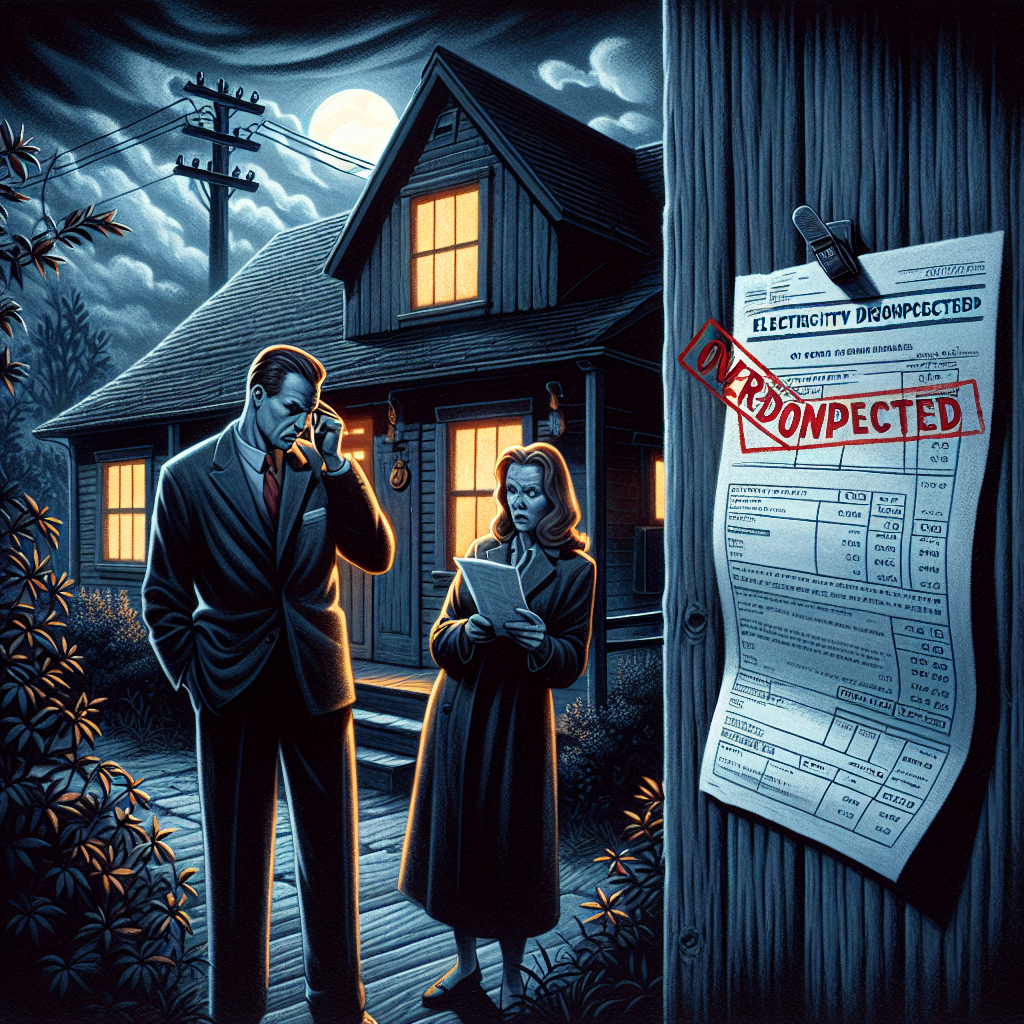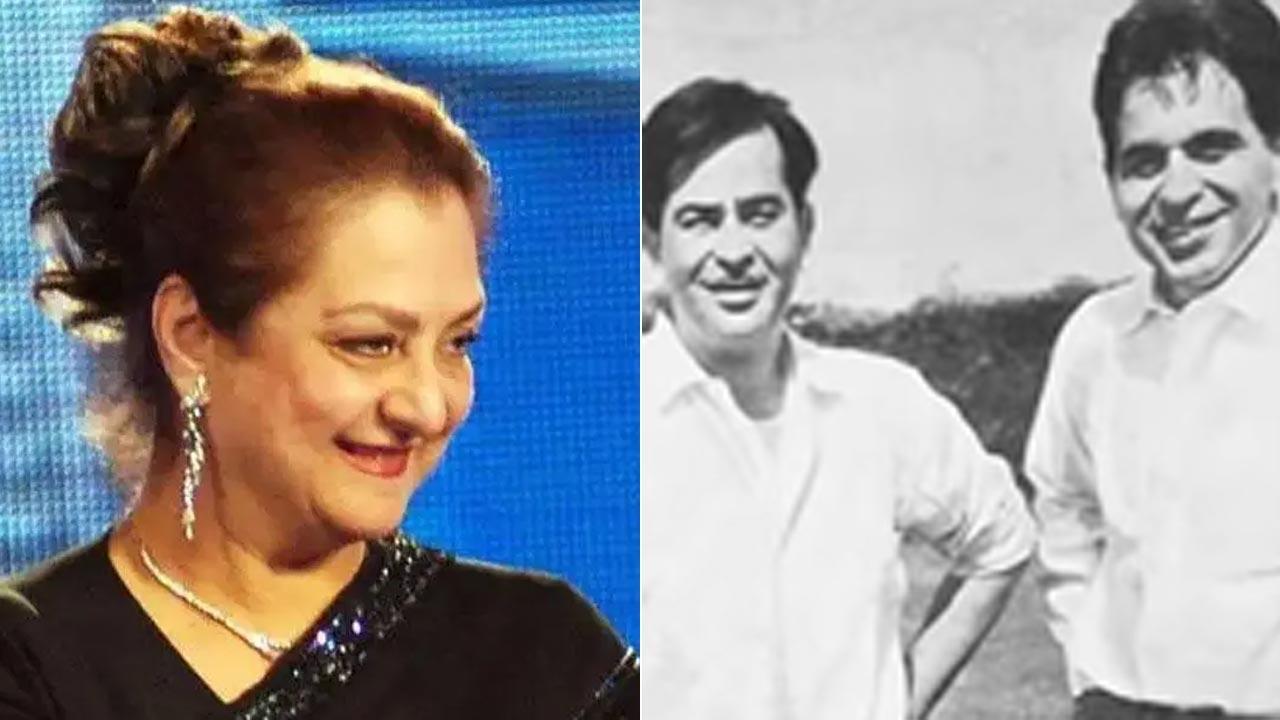
Athos Salome , a Brazilian parapsychologist often nicknamed “Living Nostradamus,” has gained fame for his remarkably accurate prophecies. In 2024, he asserted that four of his predictions had materialized, including warnings about a potential asteroid threat. Salome has now issued a chilling forecast: World War Three might be closer than imagined, though not in the traditional sense of ground combat.
At 36, Salome is renowned for accurately foreseeing events like the Covid-19 pandemic, Elon Musk’s acquisition of Twitter (now rebranded as X), and the passing of Queen Elizabeth II. He suggests that the next major global conflict may center around advancements in technology. In an interview with the Daily Star, Salome cited rising global tensions, especially in the Middle East and Russia, as precursors to a possible new form of warfare.

“This is not just a war of men but of machines,” Salome warned. He noted that Russia’s aggression toward Ukraine has intensified, exemplified by the launch of an Oreshnik supersonic missile targeting Dnipro. Simultaneously, Russian Foreign Minister Sergey Lavrov declared Russia’s readiness to defend itself “by any means necessary.
” Salome argued that provocative rhetoric combined with the deployment of advanced technology in these conflicts is amplifying the likelihood of escalation. Salome believes that the signs of an imminent global war may be more evident in cyberspace than on traditional battlefields. He suggested that by the end of 2024, humanity might witness the beginning of a “technological war,” signaling a transformative era in how conflicts are waged.
His predictions evoke comparisons to Nostradamus, the famed 16th-century French astrologer known for his cryptic prophecies, which have fascinated people for centuries. Dubbed the “Prophet of Doom,” Nostradamus is credited with predicting significant historical events, and his works continue to be analyzed for clues about future calamities. Some researchers studying Nostradamus’s writings have speculated that 2025 could bring catastrophic disasters, including an asteroid strike and the emergence of a deadly, plague-like disease in the United Kingdom.
As geopolitical tensions rise and technological innovations redefine warfare, Salome’s warnings serve as a stark reminder of the fragility of humanity’s position. Whether his latest prophecy will materialize remains uncertain, but it has already ignited discussions about the future of warfare and the role of technology in shaping global conflicts.














